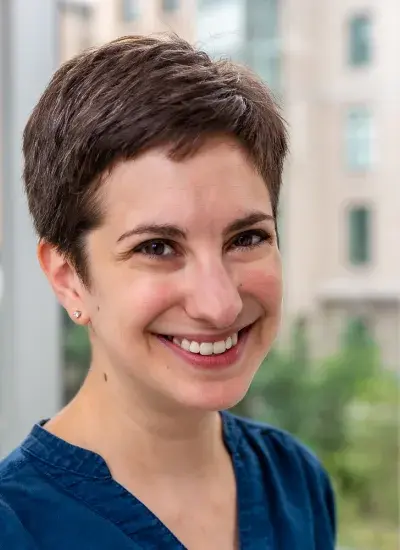Understanding Human Behavior for Better Assistive Robots

Speaker
Henny Admoni
Assistant Professor Robotics Institute, Carnegie Mellon University | Human And Robot Partners (HARP) Lab
When
-
Where
Newell-Simon Hall 1305 (Michael Mauldin Auditorium)
Description
Human-robot interaction has the potential to transform the way people work and live, particularly when it comes to assistive robots that help people with activities of daily living. To be effective, these robots must be able to recognize aspects of their human partners such as what their goals are, what their next action will be, and when they need help---in short, their task-relevant mental states. People often convey information about their mental states nonverbally, through eye gaze, gestures, and other behaviors that provide implicit information. Therefore, to be effective assistants, robots must understand and respond to nonverbal human communication. This requires a multidisciplinary approach that involves robotics, psychology, machine learning, and computer vision. In this talk, I will describe my work on robots that assist humans on complex tasks, such as eating a meal. I will show how natural, intuitive human behaviors can reveal mental states that robots can use to provide assistance in a more timely or effective way. Throughout the talk, I will describe how techniques and knowledge from cognitive science help us develop robot algorithms that lead to more effective interactions between people and their robot partners.
Speaker's Bio
Henny Admoni is an Assistant Professor in the Robotics Institute at Carnegie Mellon University, with a courtesy appointment in the Human-Computer Interaction Institute. At CMU, she leads the Human And Robot Partners (HARP) Lab. Dr. Admoni studies how to develop intelligent robots that can assist and collaborate with humans on complex tasks like preparing a meal. She is most interested in how natural human communication, like where someone is looking, can reveal underlying human intentions and can be used to improve human-robot interactions. Dr. Admoni's research has been supported by the US National Science Foundation, the US Office of Naval Research, the Paralyzed Veterans of America Foundation, and Sony Corporation. Her work has been featured by the media such as NPR's Science Friday, Voice of America News, and WESA radio. Before starting as an Assistant Professor, Dr. Admoni was a postdoctoral fellow at CMU. She holds a PhD and MS in Computer Science from Yale University, and a BA/MA joint degree in Computer Science from Wesleyan University.
Speaker's Website
http://hennyadmoni.com/
Host
Brad Myers

